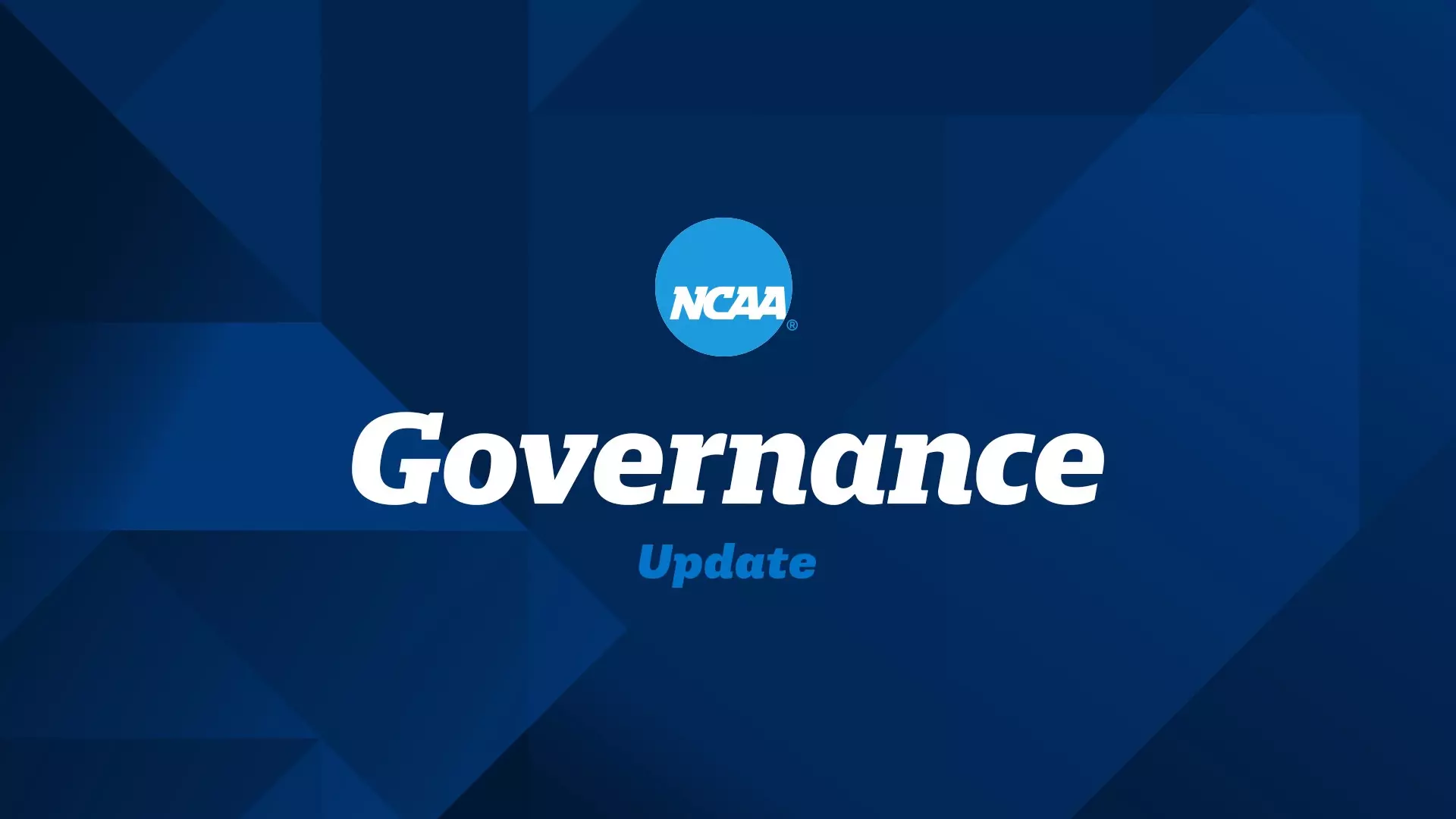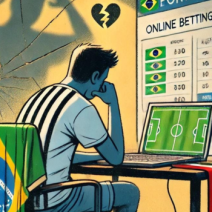
New Initiative from DI Council Aims to Enable Betting on Professional Sports
The Division I Council introduced a proposal that, if adopted in October, would change sports betting rules to permit student-athletes and staff members to bet on professional sports and refocus the Association’s enforcement efforts on college sports betting and behaviors that directly impact game integrity. If adopted, the change will be implemented only if Divisions II and III also vote to allow betting on pro sports.
The council’s introduction of the proposal, which comes after a directive from the Division I Board of Directors in April that the council adopt changes to sports betting rules, is not an endorsement of sports betting behaviors, especially for college athletes. The NCAA’s prohibition against betting on college sports would remain in place, as would the prohibitions against sharing information about college events with bettors. The NCAA also would continue to maintain its prohibition for NCAA championships against advertising and sponsorships associated with betting.
“NCAA rules prohibiting sports betting at all levels were written and adopted at a time when sports gambling was largely illegal nationwide,” said Josh Whitman, athletics director at Illinois and chair of the council. “As betting on sports has become more widely accepted across the country, Division I members have determined that further discussion of these sports betting rules is warranted, particularly as it relates to the potential distinctions between betting on professional versus collegiate sports. Throughout our discussions, the council has remained focused on student-athlete wellness and educating student-athletes about the risks and potentially harmful impacts of betting.”
Current NCAA rules do not allow student-athletes or institutional staff to engage in sports betting at any level (professional, college or amateur) for any sports that have NCAA championships, and NCAA members have continually maintained that any betting by a student-athlete on his or her own team or own sport in college should continue to result in a permanent loss of any remaining collegiate eligibility. However, in 2023, Division I changed the reinstatement guidelines for student-athletes who participate in sports betting on professional sports to focus on harm reduction for problematic betting behaviors.
“Deregulating professional sports betting may provide schools an additional opportunity to implement harm-reduction strategies, which can be more effective and have long-term benefits not seen with abstinence-only approaches. Harm-reduction strategies include education, stigma reduction and acknowledging actual behaviors,” said Dr. Deena Casiero, NCAA chief medical officer. “By meeting student-athletes where they are, schools may be more effective at preventing, identifying and supporting student-athletes with problematic gambling behaviors. Regardless of the change, schools are encouraged to use the many sports betting resources already available.”
The recently released Harm Reduction Considerations for Gambling & Sports Betting in Collegiate Sports references available sports betting resources, including the NCAA Mental Health Best Practices. Additionally, more than 100,000 student-athletes, coaches and administrators have been reached through the NCAA’s education efforts with EPIC Global Solutions, and the NCAA has launched an e-learning module to educate student-athletes on problem gambling harms and the integrity risks associated with sports betting.
Several sports betting-related violations by staff members at NCAA schools have been resolved through the infractions process in recent years, and the enforcement staff is working on issuing Notices of Allegations in several ongoing cases that involve allegations of betting on professional and college sports by student-athletes and/or athletics department staff members at a handful of NCAA schools.
The proposed rule change would not be retroactive. If it is adopted, it would apply only to sports betting activities that occur after the effective date of the proposal.
“The enforcement staff’s sports betting-related caseload has significantly increased in recent years, and our staff — including our new sports betting integrity unit — has been effective in detecting and pursuing violations,” said Jon Duncan, NCAA vice president of enforcement.
The Association prioritizes competition integrity, which is vital to college sports. The NCAA uses a layered strategy to respond responsibly to the rise in sports betting across the United States by monitoring over 22,000 contests per year, advocating for limits on prop bets that pose heightened risks, reducing the potential for student-athlete abuse by aggrieved bettors, and creating greater transparency to assist with the timely investigation and resolution of integrity-related issues.
This layered approach includes the most recent agreement extension with Genius Sports to establish unprecedented betting restrictions on high-risk proposition bets. Sportsbooks licensing NCAA championship data must cooperate fully with NCAA investigations, including providing access to account data, financial history and geolocation records. This will allow the NCAA to work with the sportsbooks to gather detailed account information when harassers are identified to prevent repeat offenders from continuing to place bets across platforms, increasing safeguards to protect student-athlete mental health and well-being.









